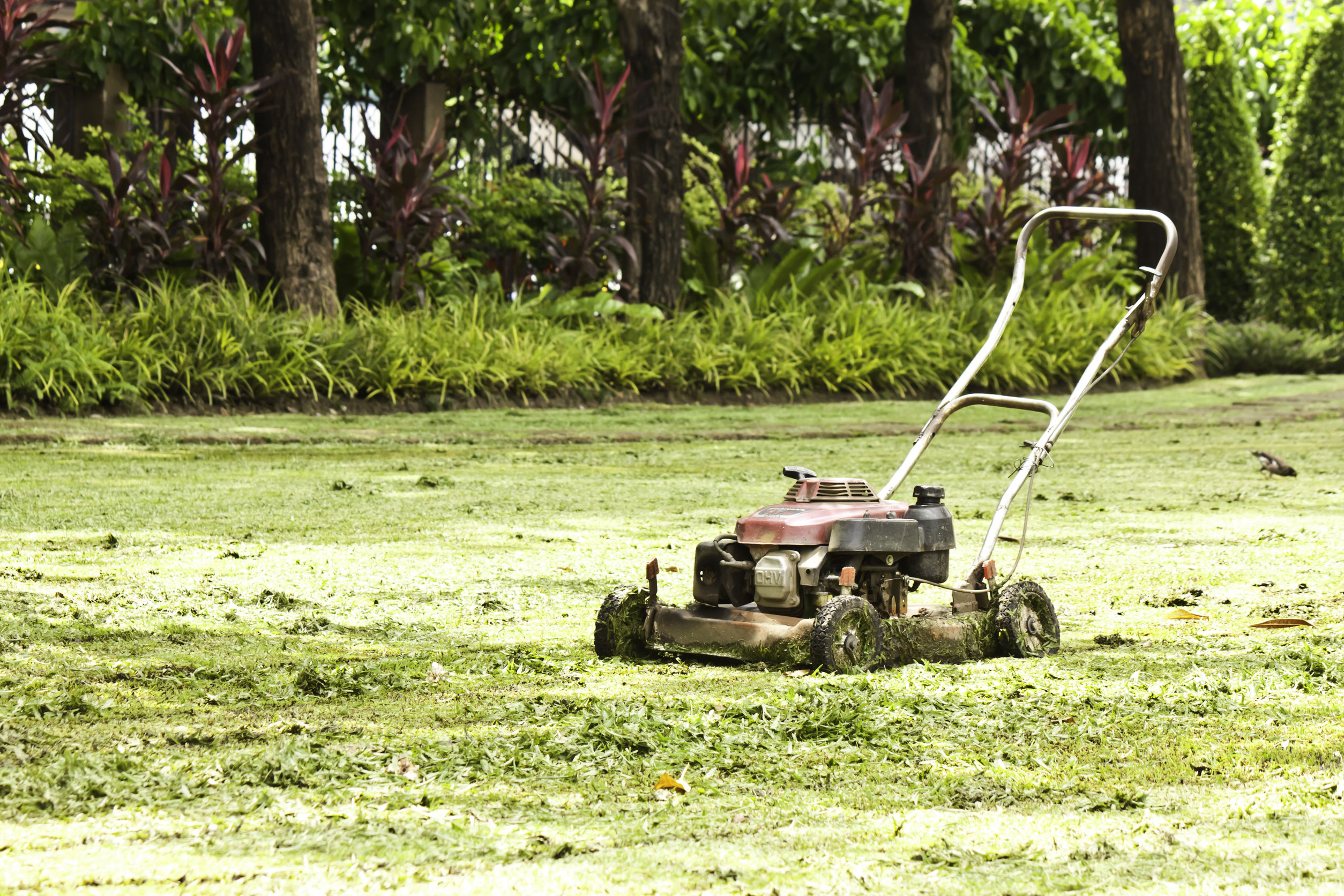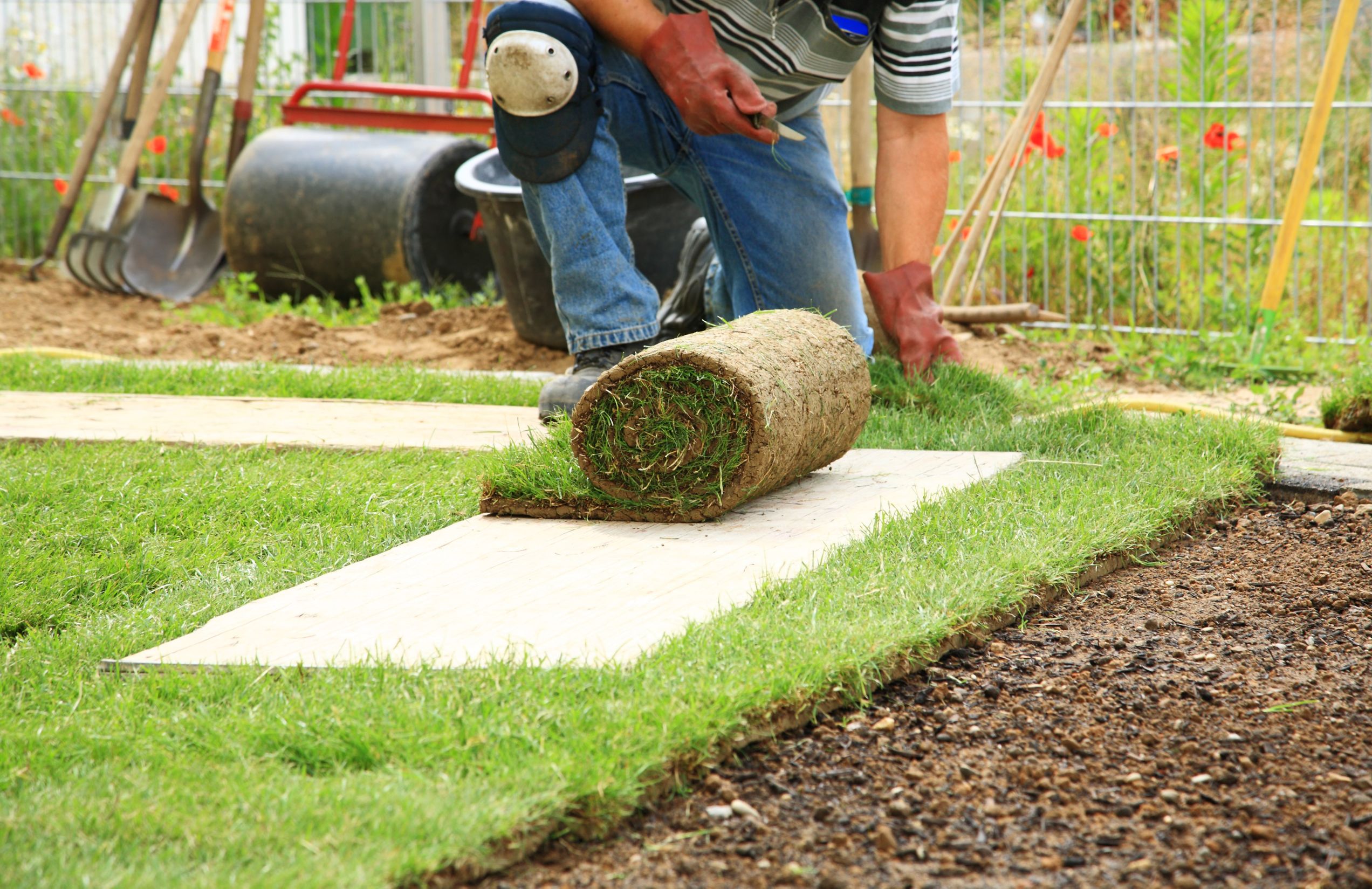Homeowners who want to upgrade the landscape around the house may be excited about adding hardscape features like a patio or sidewalks. When it comes to Hardscape Landscaping in New Canaan CT, it’s important to remember that this region experiences many hot days in summer and relatively cold winters. Those weather factors can have negative effects on different paving materials, so homeowners should try to minimize their maintenance efforts with the most suitable choices.
Asphalt Issues
Asphalt may be of interest for a long driveway, but it also is more susceptible to problems caused by Connecticut’s frequent freezing and thawing weather patterns in early and late winter. Residential driveways don’t develop potholes and cracks at the level public roads, and commercial parking lots do because they don’t deal with that level of traffic. Nevertheless, homeowners may realize that other materials for Hardscape Landscaping in New Canaan CT are more preferable.
Other Options
Paving materials like poured concrete, brick, and concrete pavers, and natural stone generally hold up better against winter weather than asphalt does. In addition, they add intriguing visual appeal to the landscape. People may wonder how that can be true of concrete, but they might consider decorative concrete options like acid staining and stamping. Acid Staining of concrete can create a dramatic flair or a more subtle splash of unexpected color amid the grass, flowers, and trees.
Ice-Melting Substances
Residential property owners also can protect the paved surfaces on their land by avoiding certain practices. For instance, rock salt melts ice, but it can damage paved surfaces. A better choice is calcium chloride or a combination of that substance mixed with sand or clay cat litter. Sand and clay provide traction when the ice has not yet totally melted.
Heated Pavement
Another possibility is to have a contractor such as Giglio Landscape Services LLC install radiant heating when constructing the hardscape. That melts ice by heating the pavement to about 35 degrees Fahrenheit. Pets and people wearing shoes with tread can track in calcium chloride and other materials that are usually not wanted on the home’s floors and carpets.








